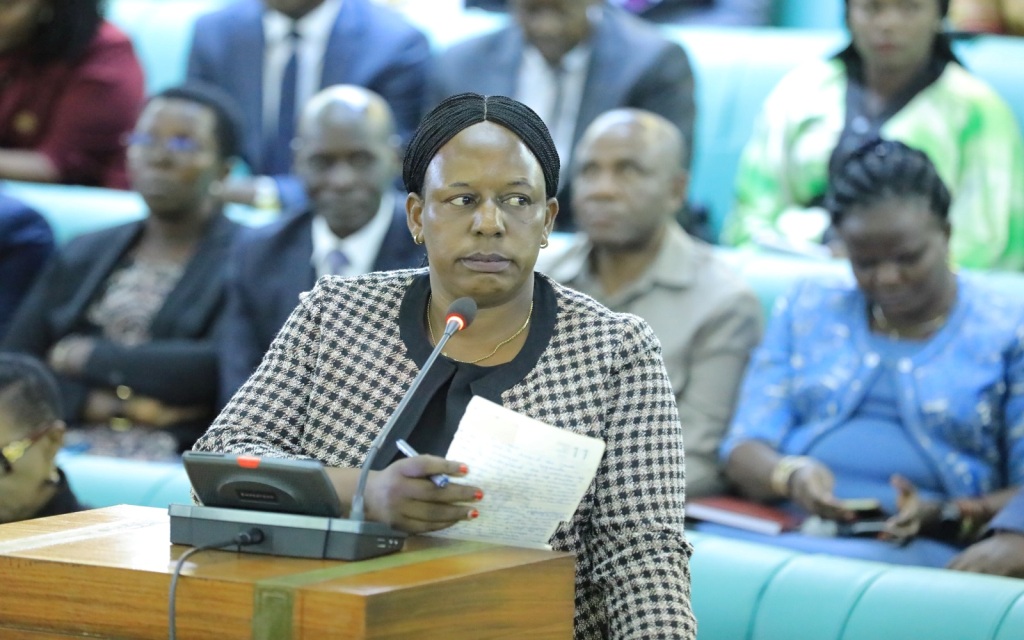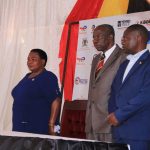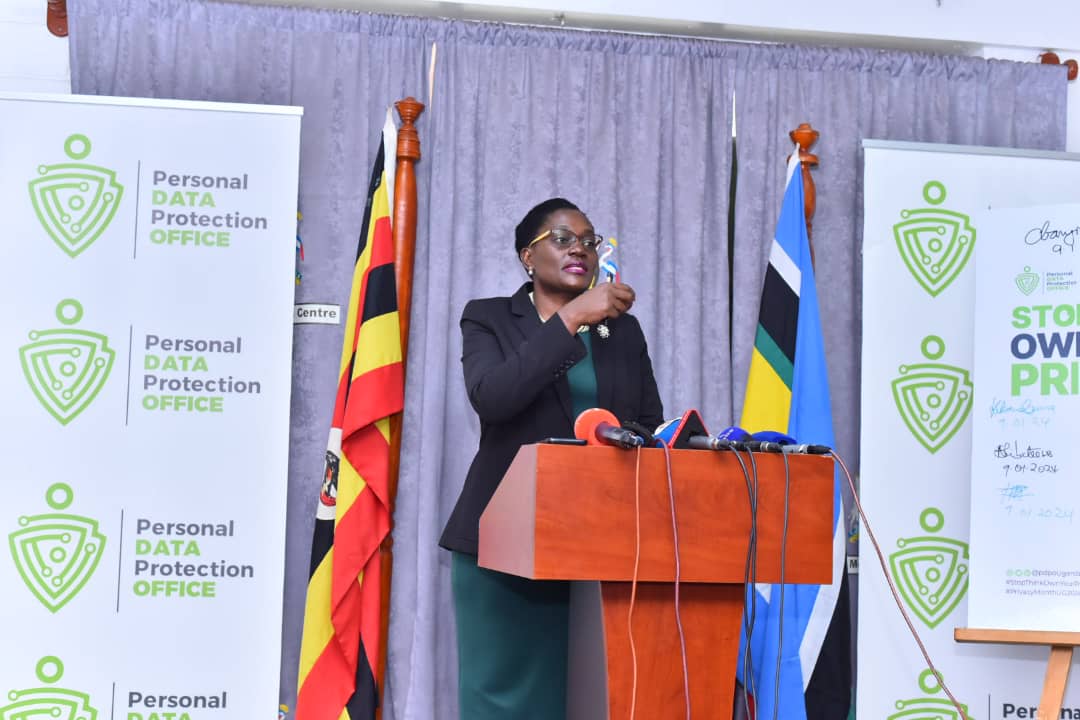A new marriage reform bill aiming to update Uganda’s laws on property rights and child protection was presented to Parliament on Thursday, October 3, 2024. The bill, originally proposed by Hon. Sarah Opendi, Woman Representative of Tororo District, was tabled by Hon. Dorcus Acen, Woman MP for Alebtong District. It focuses on equal property rights for spouses, child protection, and new regulations on marital arrangements. The bill addresses the gaps in current marriage laws, aiming to safeguard the rights of both spouses and vulnerable children.
The presentation of the bill lacked the required financial certificate from the Ministry of Finance, Planning, and Economic Development. However, Speaker Anita Among explained that under Section 76 of the Public Finance Management Act, if the Ministry does not issue the certificate within 60 days of request, the bill is automatically assumed to have financial clearance. This ruling allowed the bill to proceed to Parliament.
One of the bill’s key reforms is ensuring equal rights to matrimonial property, recognizing both financial and non-financial contributions from spouses. This provision values unpaid domestic labor, such as housework and child-rearing, as equal to monetary contributions. It also proposes that gifts exchanged between spouses during the marriage belong solely to the recipient, a measure designed to prevent disputes during separation. Violating this provision could lead to a prison sentence of up to three years or a fine of Shs10 million.
Opendi has also introduced the idea of a National Marriage Register, an electronic database that will store the details of all marriages in Uganda. This register, accessible to the public for a fee, is meant to curb fraudulent marriage claims and provide a secure way to verify one’s marital status. The database is intended to bring transparency and accountability to the process.
Another critical aspect of the bill addresses child marriages. Clause 101 proposes a 10-year prison sentence for anyone who conducts, participates in, or arranges a marriage involving a minor. This provision is aimed at eradicating child marriages and protecting vulnerable children from exploitation. Child protection remains one of the bill’s central goals.
The bill also introduces the requirement of marital consummation, mandating that couples must consummate their marriage within six months. If they fail to do so, their marriage may be declared voidable. This clause ensures that marriages are genuine and not merely ceremonial.
Financial responsibilities in marriage are also a focus of the bill. Under Clause 51, debts incurred before marriage remain the sole responsibility of the spouse who incurred them. However, if the debt involves property that becomes part of the matrimonial estate, it may be shared between both spouses.
In an effort to combat bigamy, the bill introduces penalties for individuals who knowingly marry someone already in a monogamous union. Those found guilty could face a five-year prison sentence or a fine of Shs10 million.
This bill is not Uganda’s first attempt at marriage law reform. A similar bill, the Marriage and Divorce Bill, was first introduced in 2009. This draft sought to modernize Uganda’s marriage laws by recognizing various forms of marriage and providing guidelines for marital rights, duties, and divorce. Controversially, it proposed ending the practice of bride price returns and outlawed widow inheritance. The bill faced significant opposition from religious and cultural groups and was shelved after multiple attempts to pass it.
Earlier, in 2003, the Domestic Relations Bill was introduced, covering similar issues. It also faced opposition, particularly from Muslim groups, for banning polygamy. After continued resistance, the bill was split in two, separating Muslim marriages from other recognized marriages in Uganda. The Muslim Personal Law Bill covered Islamic marriages, while the Marriage and Divorce Bill addressed other types of marriages. However, the controversy surrounding these reforms stalled their enactment.
As of now, the new bill has been referred to the Committees of Legal and Parliamentary Affairs and Gender for further review. Whether it will face the same resistance as its predecessors remains to be seen.




















